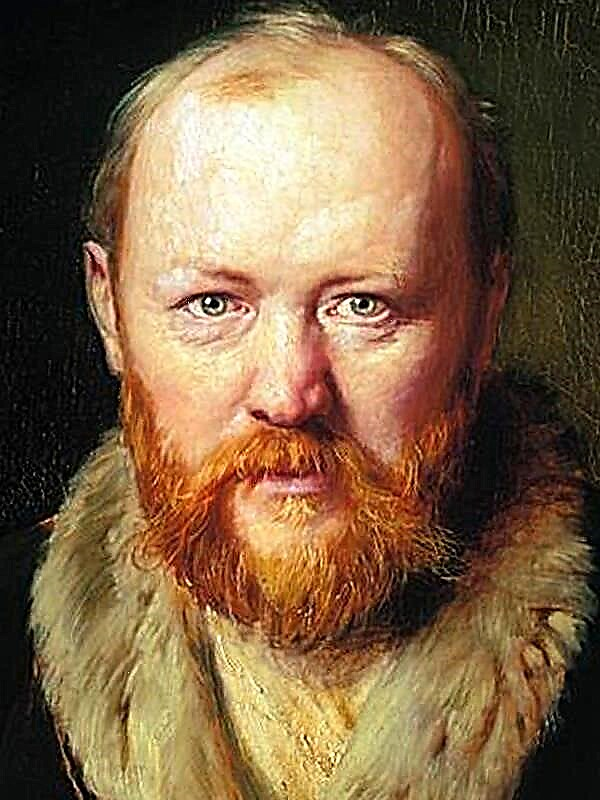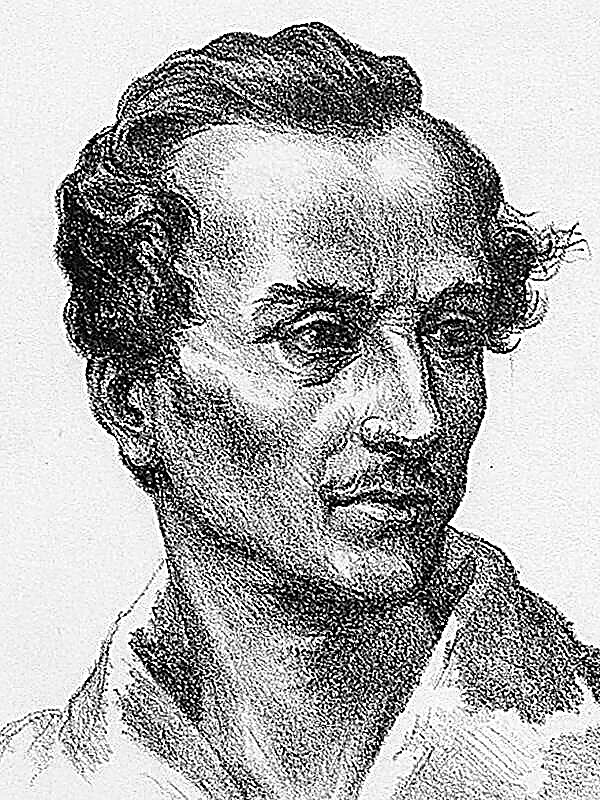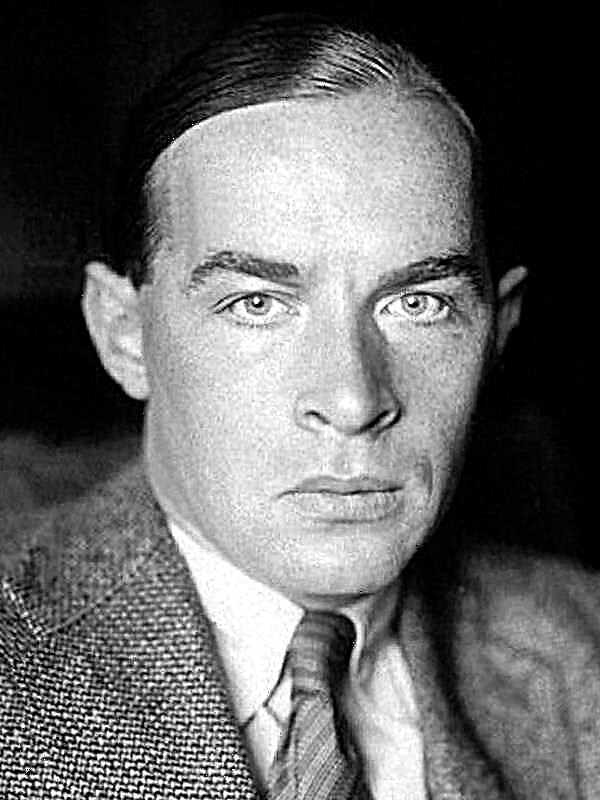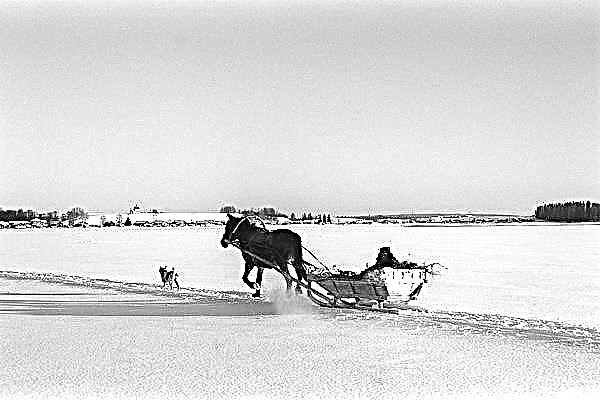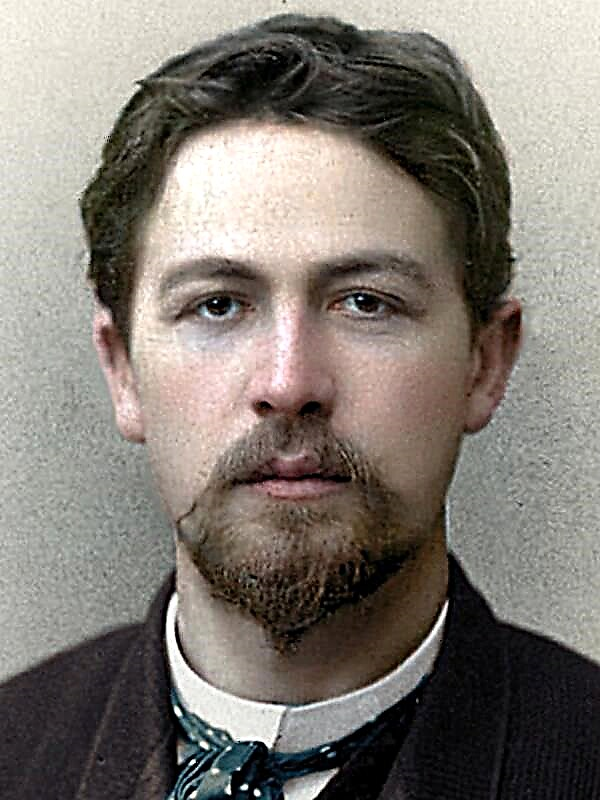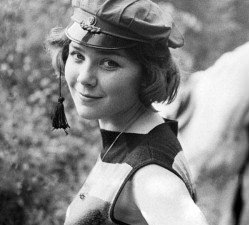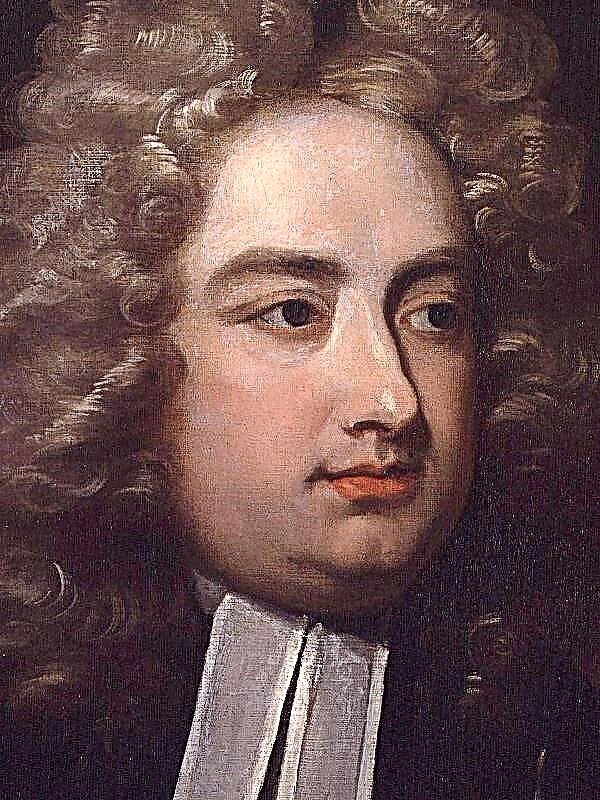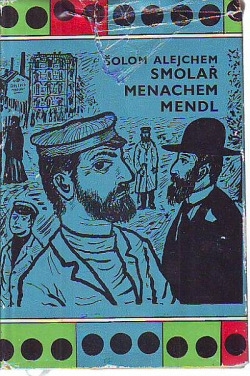Makar - the main character, a peasant. The author himself attributed his work to the "holy stories." Written in the Yakut exile (winter 1883), the story is inspired by the real everyday impressions of a young writer (he lived with the peasant Zakhar Tsykunov, who became the prototype of Makar). But, calling Zakhar in the initial sketches of the hero, Korolenko, obviously, not without reason changed his name to Makar - to him, according to the Russian proverb, “all the bumps are lying around”; on the other hand, Korolenkovsky Makar lives exactly where the other folklore Makar "did not drive calves." Makar is a descendant of Russian peasants, a resident of the “deaf settlement Chalgan”, lost “in the distant Yakut taiga”. Separating himself from the "filthy Yakuts", he speaks in Russian "little and rather bad"; “He worked scary, lived poorly, suffered hunger and cold,” he drank a lot.
On Christmas Eve, after drinking and going to inspect his traps in the taiga - in the hope of catching a fox, Makar got lost and began to freeze. In a dream, he sees the priest Ivan, who died four years ago, his entire unplanned life, and then appears in court at the "old Toyon", in which God is personified. Toyon begins to weigh Makar’s sins, and there are so many of them that Toyon orders Makar to be sent as a punishment to the church table in the geldings. But here the “son of old Toyon” enters the hut and asks his father to allow Makar to “say something”. And Makar, suddenly feeling in himself a “gift of the word”, tells in detail about his life: how “he was driven all his life! They drove elders and foremen, assessors and police officers, demanding a filing; drove priests, demanding a friend; driven by need and hunger; chased frost and heat, rains and droughts; the frozen earth and the evil taiga drove! .. ”His bitter story is replaced by fury:“ How could he bear this terrible burden so far ”. He hoped for a “better share”, according to “now he was at the end, and hope died out ...” Makar’s story cried old Toyon, “old priest Ivan”, “young God's workers”, and the scales where Makar’s sins were , "Rose higher and higher!" This story Korolenko was extremely popular among contemporaries, and his allegorical background made it possible to give various interpretations - both revolutionary in nature and purely Christian. The story admits a less dramatic interpretation: circumstances suggest that Makar did not freeze in the taiga, but sees a dream, reclining after drinking (cf. the first phrase of the story and the beginning of Chapter IV).

